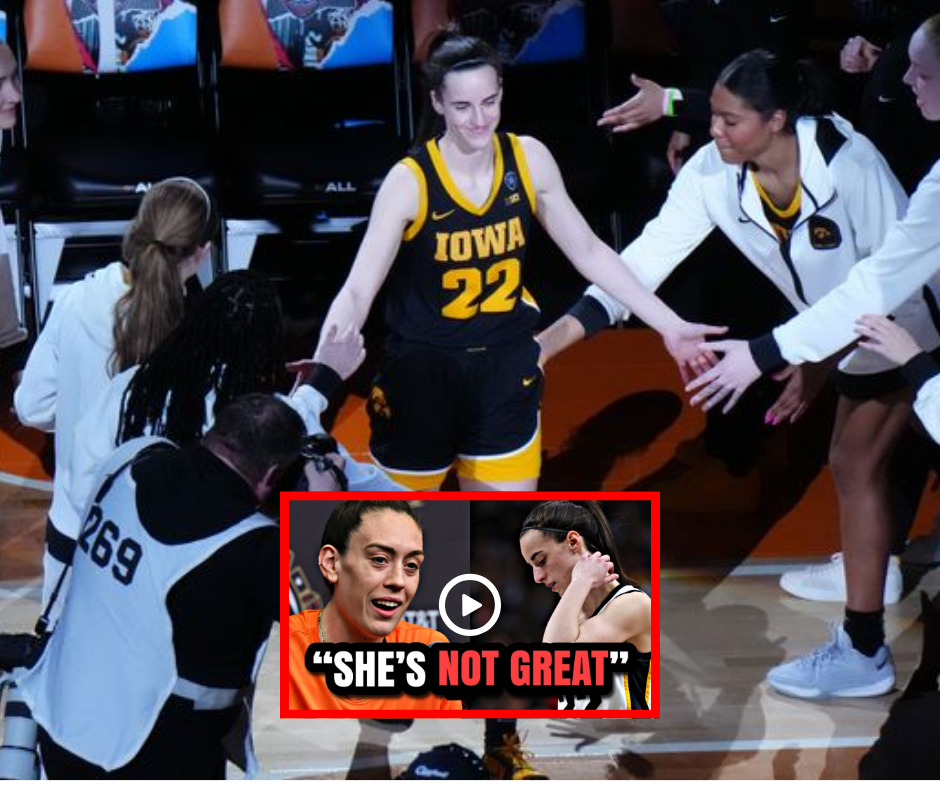
In recent years, the Women’s National Basketball Association (WNBA) has emerged as a beacon of talent, athleticism, and gender equality in professional sports. However, amidst its rise to prominence, a critical oversight seems to be looming: the lack of strategic career planning among WNBA players.
While these athletes undoubtedly possess unparalleled skills on the court, many are neglecting the importance of planning for their future beyond basketball. This oversight manifests in various ways, from financial mismanagement to insufficient post-career opportunities. The result? A significant portion of WNBA players find themselves unprepared for life after retirement from the sport.

One of the primary areas where WNBA players are faltering is financial literacy. Despite their impressive salaries, the average WNBA player earns significantly less than their male counterparts in the NBA. Coupled with shorter careers and fewer endorsement opportunities, financial stability becomes a pressing concern. Without proper financial education and planning, many players face financial hardships once their playing days are over.
Moreover, the WNBA’s offseason presents a valuable opportunity for players to pursue further education, develop professional skills, or explore entrepreneurial ventures. However, a substantial number of players fail to capitalize on this time effectively. Instead of investing in their personal and professional growth, some choose to rest or engage in non-productive activities, missing out on crucial opportunities to set themselves up for success beyond basketball.
Furthermore, the lack of robust post-career support systems within the WNBA exacerbates the problem. While the league has made strides in enhancing player welfare and career development initiatives, more can be done to ensure that players have access to resources and guidance for life after retirement. From mentorship programs to vocational training, proactive measures must be taken to empower WNBA players to thrive beyond their playing days.
Addressing these challenges requires a collective effort from players, coaches, league officials, and stakeholders within the basketball community. WNBA players must prioritize strategic career planning and take proactive steps to secure their future off the court. Whether it’s investing in financial literacy programs, pursuing educational opportunities, or exploring post-career pathways, now is the time for players to make informed decisions that will shape their lives beyond basketball.
In conclusion, while WNBA players have undoubtedly made significant strides in advancing women’s sports, they must not overlook the importance of strategic career planning. By prioritizing financial literacy, seizing offseason opportunities, and advocating for enhanced post-career support, WNBA players can ensure a sustainable and prosperous future beyond the confines of the basketball court. It’s time to recognize the magnitude of this issue and take decisive action to address it.